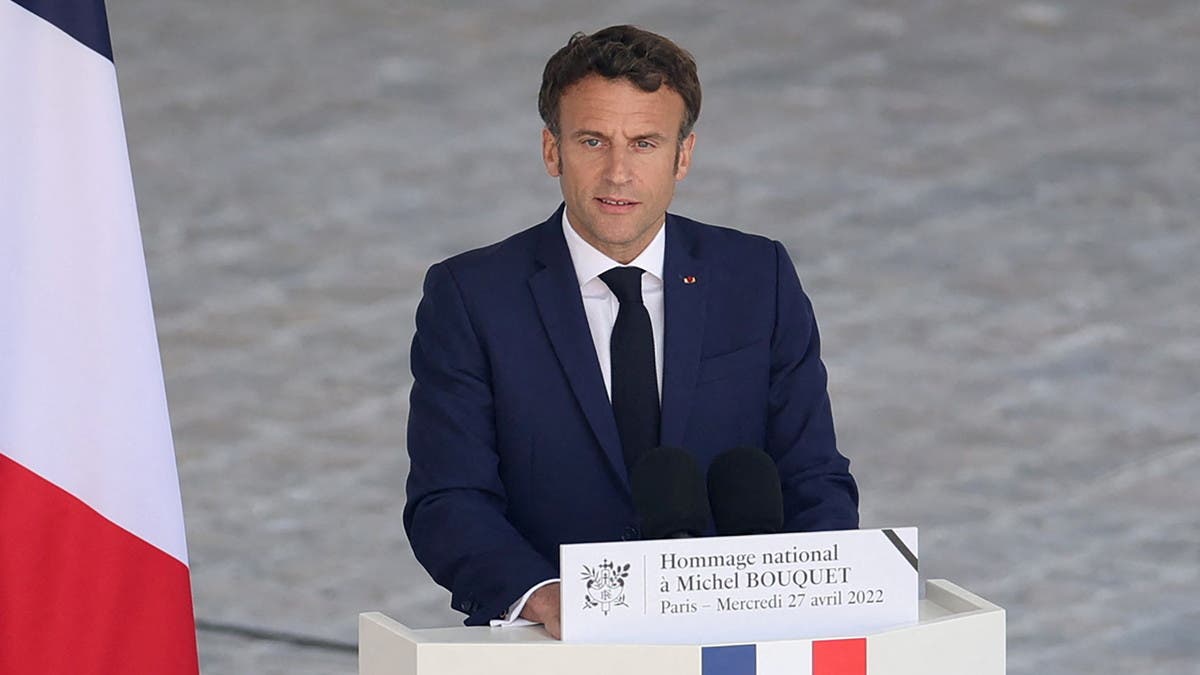French President Emmanuel Macron lost control of the National Assembly in legislative elections on Sunday, a major setback that could throw the country into political paralysis unless he is able to negotiate alliances with other parties.
Macron's centrist Ensemble coalition, which wants to raise the retirement age and further deepen EU integration, was set to end up with the most seats in Sunday's election. But that was well short of the absolute majority needed to control parliament, initial projections and first results showed.
Finance Minister Bruno Le Maire called the outcome a “democratic shock” and added that if other blocs did not cooperate, “this would block our capacity to reform and protect the French.”
There is no set script in France for how things will now unfold. The last time a newly elected president failed to get an outright majority in parliamentary elections was in 1988.
For the latest headlines, follow our Google News channel online or via the app.
A hung parliament will require a degree of power-sharing and compromises among parties not experienced in France in recent decades. Macron could eventually call a snap election if legislative gridlock ensues.
“The rout of the presidential party is complete and there is no clear majority in sight,” hard left veteran Jean-Luc Melenchon told cheering supporters.
The left-wing Nupes bloc he heads came second, initial projections showed. United behind him, leftwing parties were seen on course to triple their score from the last legislative election in 2017.
Macron, 44, became in April the first French president in two decades to win a second term, as voters rallied to keep the far-right out of power.
But, seen out of touch by many voters, he presides over a deeply disenchanted and divided country where support for populist parties on the right and left has surged.
His ability to pursue further reform of the euro zone's second-biggest economy hinges on winning support for his policies from moderates outside his alliance on both the right and left.
Alliances?
Macron and his allies must now decide whether to seek an alliance with the conservative Les Republicains, who came fourth, or run a minority government that will have to negotiate laws with other parties on a case-by-case basis.
“There are moderates on the benches, on the right, on the left. There are moderate Socialists and there are people on the right who, perhaps, on legislation, will be on our side,” government spokeswoman Olivia Gregoire said.
Les Republicains' platform is more compatible with Ensemble than other parties. The two together have a chance at an absolute majority in final results, which requires at least 289 seats in the lower house.
Christian Jacob, the head of Les Republicains, said his party will remain in the opposition but a “constructive” one, suggesting case-by-case deals rather than a coalition pact.
‘Disorder?’
Initial projections by pollsters Ifop, OpinionWay, Elabe and Ipsos showed Macron's Ensemble alliance winning 210-240 seats, Nupes securing 141-188 and Les Republicains 60-75.
The former head of the National Assembly, Richard Ferrand, and Health Minister Brigitte Bourguignon lost their seats, in two major defeats for Macron's camp.
In another significant change for French politics, far-right leader Marine Le Pen's National Rally party could score a ten-fold increase in MPs with as many as 90-95 seats, initial projections showed. That would be the party's biggest-ever representation in the assembly.
Macron had appealed for a strong mandate during a bitter campaign held against the backdrop of a war on Europe's eastern fringe that has tightened food and energy supplies and sent inflation soaring, eroding household budgets.
“Nothing would be worse than adding French disorder to the world's disorder,” the president had said ahead of the second-round vote.
Melenchon's Nupes alliance campaigned on freezing the prices of essential goods, lowering the retirement age, capping inheritance and banning companies that pay dividends from firing workers. Melenchon also calls for disobedience towards the European Union.
Read more:
President Emmanuel Macron vows to build ‘stronger France’ in second term
Macron seeks boost in defense budgets as France enters into ‘war economy’

 World3 years ago
World3 years ago
 World3 years ago
World3 years ago
 Business11 months ago
Business11 months ago
 Entertainment7 years ago
Entertainment7 years ago
 World7 years ago
World7 years ago
 Entertainment7 years ago
Entertainment7 years ago






